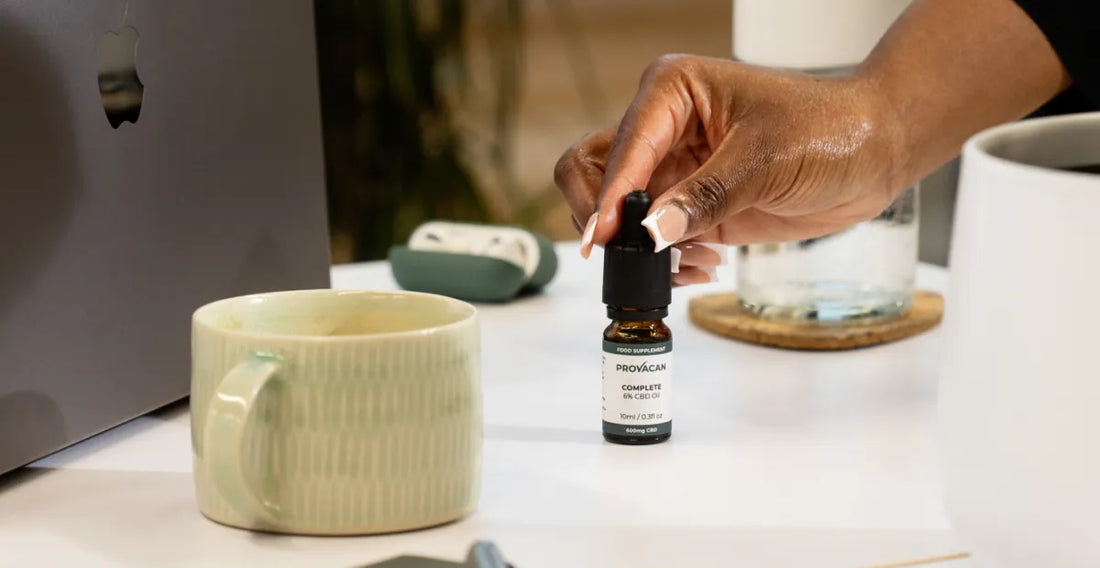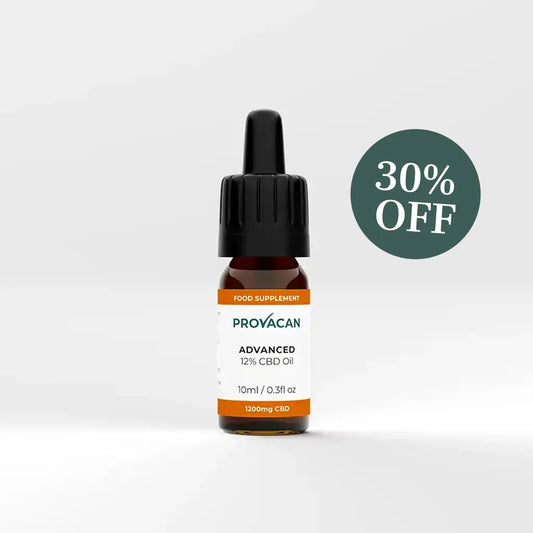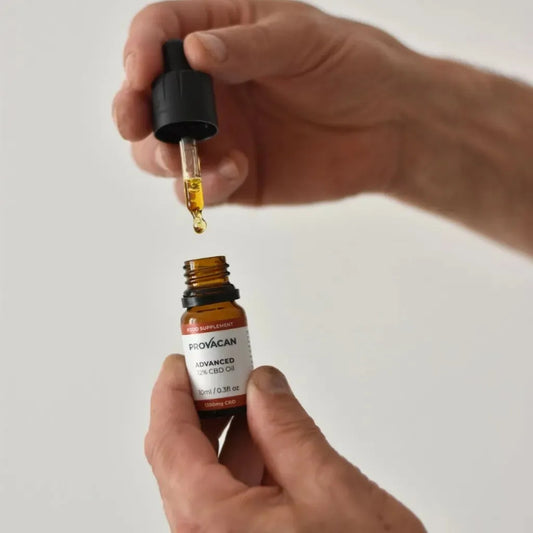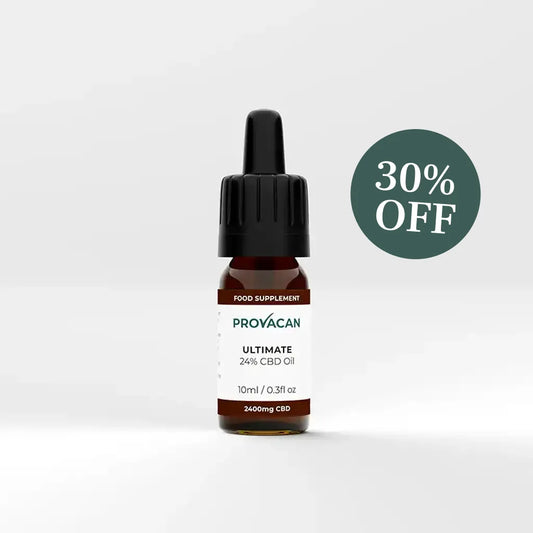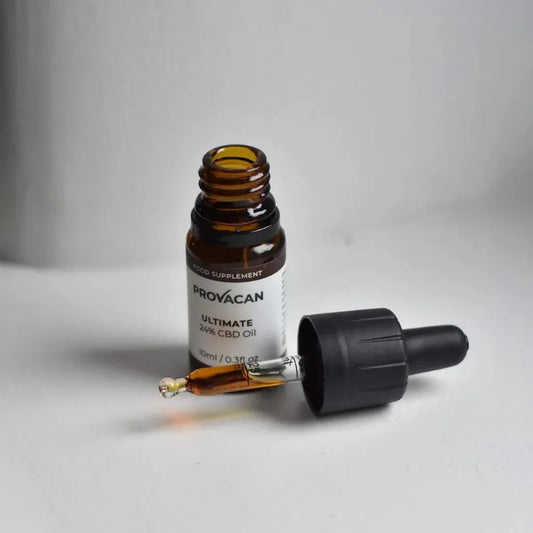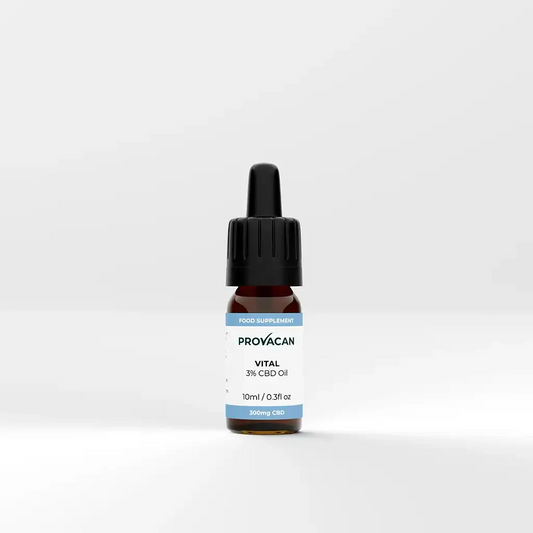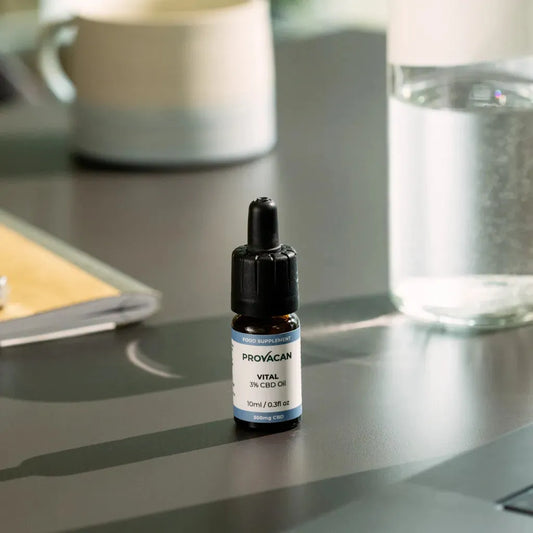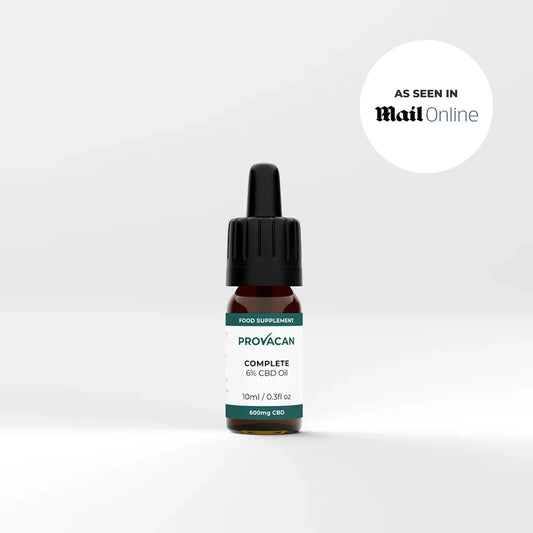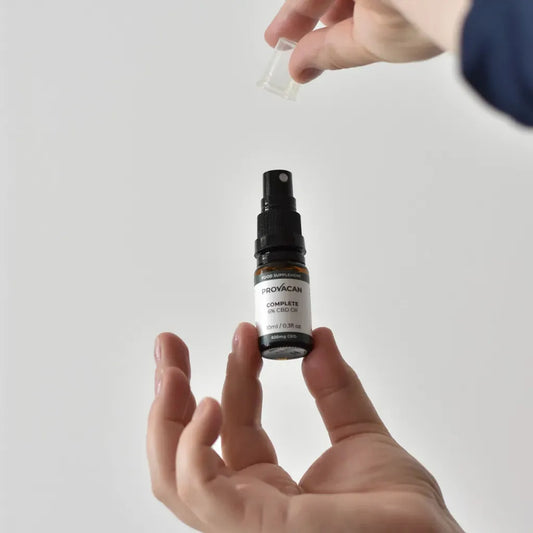When it comes to CBD oil, one of the most common questions people have is: what does it taste like? CBD oil is derived from the cannabis plant, and the taste can vary depending on a few factors. In this article, we will explore the different flavours and nuances of CBD oil, and discuss how you can try it for yourself. Whether you are a CBD enthusiast or a newcomer to the world of CBD, understanding the taste of CBD oil can help you make the most informed decisions when it comes to incorporating it into your wellness routine.
CBD Oil Taste Explained
Before we delve into the specifics of CBD oil taste, it is important to understand that CBD oil is typically made by extracting cannabinoids from the hemp plant and diluting them with a carrier oil. The most commonly used carrier oils include olive oil, coconut oil, and hemp seed oil. These carrier oils can have their own distinct flavours, which can affect the overall taste of the CBD oil.
Generally, CBD oil has an earthy and bitter taste that is often described as "grassy." Some people find this taste enjoyable, while others may find it off-putting. However, it is important to note that CBD oil should not taste overly pungent or unpleasant. High-quality CBD oil should have a mildly bitter taste that is not overpowering.
When it comes to the taste of CBD oil, individual preferences play a significant role. Some users appreciate the natural and earthy flavour of CBD oil, as it reminds them of the plant's origins and can be quite refreshing. On the other hand, those who are sensitive to bitter tastes may find the flavour challenging to consume on its own.
It is worth noting that the taste of CBD oil can also be influenced by factors such as the extraction method used, the quality of the hemp plant, and the presence of any additional flavourings or additives. For example, full-spectrum CBD oils may have a more robust and complex taste profile due to the presence of other cannabinoids and terpenes. Ultimately, finding the right CBD oil with a taste that suits your palate may require some experimentation and exploration of different brands and formulations.
What Affects The Taste of CBD Oil?
CBD oil tastes different. Several factors can influence the taste of CBD oil including terpenes, the carrier oil used, and any added flavourings.
When it comes to the taste of CBD oil, there are several key factors to consider beyond just the basic ingredients. The intricate world of terpenes plays a significant role in determining the flavour profile of CBD oil. Terpenes are organic compounds found in plants, including cannabis, and they are responsible for giving different strains of cannabis their distinctive aromas and flavours. When terpenes are present in CBD oil, they can contribute to its overall taste in a nuanced way. For example, CBD oil derived from a strain with fruity terpenes may have a slightly sweet or tangy taste, adding a layer of complexity to the overall flavour.
Terpenes
What are terpenes? Terpenes are organic compounds found in plants, including cannabis. They are responsible for giving different strains of cannabis their distinctive aromas and flavours. When terpenes are present in CBD oil, they can contribute to its overall taste. For example, CBD oil derived from a strain with fruity terpenes may have a slightly fruity taste.
Furthermore, the choice of carrier oil used in CBD products can greatly influence the taste experience. Each carrier oil has its own unique flavour profile that can either enhance or mask the natural taste of CBD. For instance, olive oil is a popular choice for its mild and smooth flavour that can complement the sometimes bitter notes of CBD. On the other hand, hemp seed oil has a nutty and earthy taste that may be more pronounced in the final product, adding a distinct richness to the overall flavour.
The Carrier Oil
The carrier oil used in CBD oil can also impact its taste. Olive oil, for example, has a mild and smooth flavour that can complement the natural bitterness of CBD. On the other hand, hemp seed oil has a nutty and earthy taste that may be more noticeable in the final product.
Lastly, some CBD oils may undergo additional processing to include added flavourings, aiming to enhance the taste and make it more appealing to consumers. These flavourings can vary widely, from natural extracts like peppermint or citrus to artificial flavourings that mimic popular tastes. It's worth noting that not all CBD oils contain added flavourings, as some individuals prefer the unadulterated natural taste of CBD oil, appreciating its raw and earthy notes.
Added Flavourings
Some CBD oils may contain added flavourings to enhance the taste and make it more palatable. These flavourings can range from natural extracts, such as peppermint or citrus, to artificial flavourings. It is important to note that not all CBD oils have added flavourings, and some people prefer the natural taste of CBD oil.
How To Try CBD Oil
There are various ways you can try CBD oil to determine its taste and find the method that suits you best. Here are a few suggestions:
Before delving into the world of CBD oil consumption, it's essential to understand the various types of CBD products available. From full-spectrum to broad-spectrum and isolate, each type offers unique benefits and effects. Full-spectrum CBD contains all the naturally occurring compounds found in the cannabis plant, including trace amounts of THC. On the other hand, broad-spectrum CBD retains these beneficial compounds without any THC, making it a popular choice for those who want to avoid the psychoactive effects. Lastly, CBD isolate is the purest form of CBD, containing only cannabidiol without any other cannabinoids.
In Your Food
One popular way to consume CBD oil is by adding it to your food. You can incorporate CBD oil into your favourite recipes, such as smoothies, salad dressings, or even baked goods. Mixing CBD oil with other ingredients can help mask the taste and make it more enjoyable.
When adding CBD oil to your food, it's crucial to consider the temperature sensitivity of the compound. Exposing CBD oil to high heat can degrade its quality and potency, so it's best to add it to dishes that don't require cooking or heat gently to preserve its benefits. Additionally, incorporating healthy fats like olive oil or coconut oil can enhance the absorption of CBD in your body, maximising its potential effects.
In Your Drinks
CBD oil can also be added to your favourite beverages. You can mix it into your morning coffee, herbal tea, or even a refreshing glass of fruit juice. Experimenting with different combinations can help you find a way to consume CBD oil that suits your taste preferences.
When infusing CBD oil in drinks, consider the bioavailability of the compound. Mixing CBD oil with beverages that contain fats, such as milk or a plant-based milk alternative, can improve its absorption rate in the body. Additionally, choosing cold or lukewarm beverages over hot ones can help preserve the integrity of CBD and prevent any potential degradation.
How To Know When The Taste Is Wrong
While CBD oil does have an earthy taste, it should not taste unpleasant or rancid. If you notice a strong, unpleasant taste or a foul smell, it may indicate that the oil has gone bad or is of poor quality. High-quality CBD oil should have a mildly bitter taste that is not overpowering or off-putting. If you have any concerns about the taste or quality of your CBD oil, it is best to contact the manufacturer or retailer.
It is important to note that the taste of CBD oil can vary depending on factors such as the extraction method used, the type of hemp plant, and any added flavourings. Some people describe the taste of CBD oil as nutty, grassy, or even floral, depending on the individual's palate. The taste can also be influenced by the carrier oil used in the product, such as coconut oil or hemp seed oil, which can add their own unique flavours to the final product.
Furthermore, storing your CBD oil correctly can help maintain its quality and taste. It is recommended to keep CBD oil in a cool, dark place away from direct sunlight and heat sources. Exposure to light and heat can cause the oil to degrade faster, leading to changes in taste and potency. By following proper storage guidelines, you can ensure that your CBD oil retains its freshness and optimal taste for longer periods.
You can read more on this in our article 'Does CBD Go Bad?'.
Buy CBD Oil
When purchasing CBD oil, it is crucial to choose a reputable brand that provides high-quality products. Look for brands that use third-party testing to ensure the purity and potency of their CBD oil. Additionally, consider factors such as the extraction method used, the source of the hemp, and any certifications or awards the brand may have. By choosing a trustworthy brand, you can have confidence in the taste and effectiveness of your CBD oil.
When exploring the world of CBD oil, it's fascinating to delve into the various extraction methods used by different brands. The most common methods include CO2 extraction, which is known for producing high-quality CBD oil, and solvent-based extraction, which may leave trace amounts of chemicals in the final product. Brands that prioritise using organic hemp sourced from reputable farms can offer a more sustainable and environmentally friendly option for consumers.
Furthermore, it's worth noting that the certifications and awards a CBD oil brand holds can provide valuable insights into their commitment to quality and customer satisfaction. Look out for certifications such as Good Manufacturing Practice (GMP) or awards for product excellence in the industry. These accolades can serve as indicators of a brand's dedication to producing premium CBD oil.
In conclusion, the taste of CBD oil can vary depending on factors such as terpenes, the carrier oil used, and any added flavourings. CBD oil typically has an earthy and slightly bitter taste, but it should not be overwhelmingly unpleasant. There are various ways to consume CBD oil, such as adding it to your food or drinks, to make the taste more enjoyable. When purchasing CBD oil, always opt for high-quality products from reputable brands to ensure a positive tasting experience.

